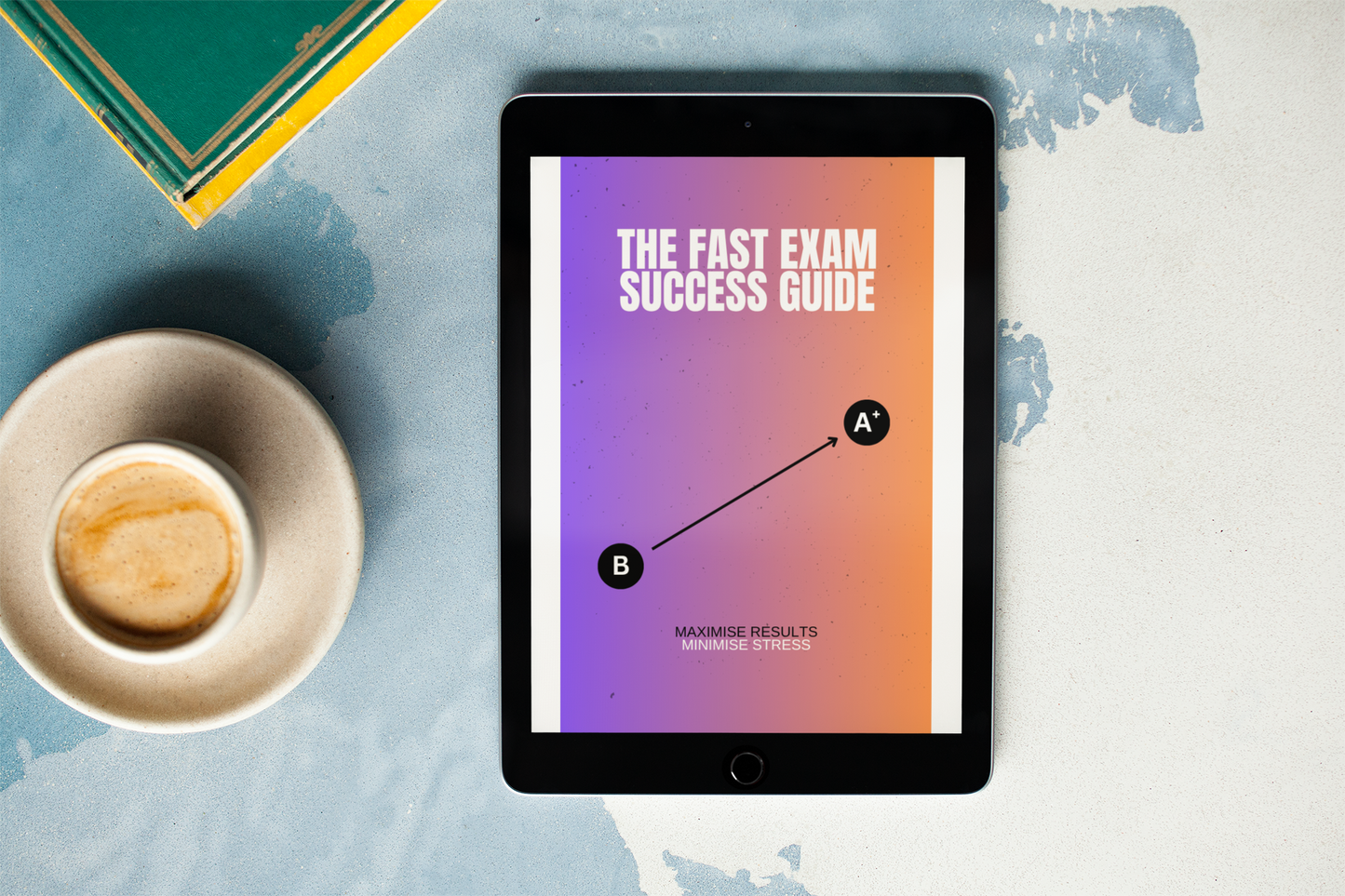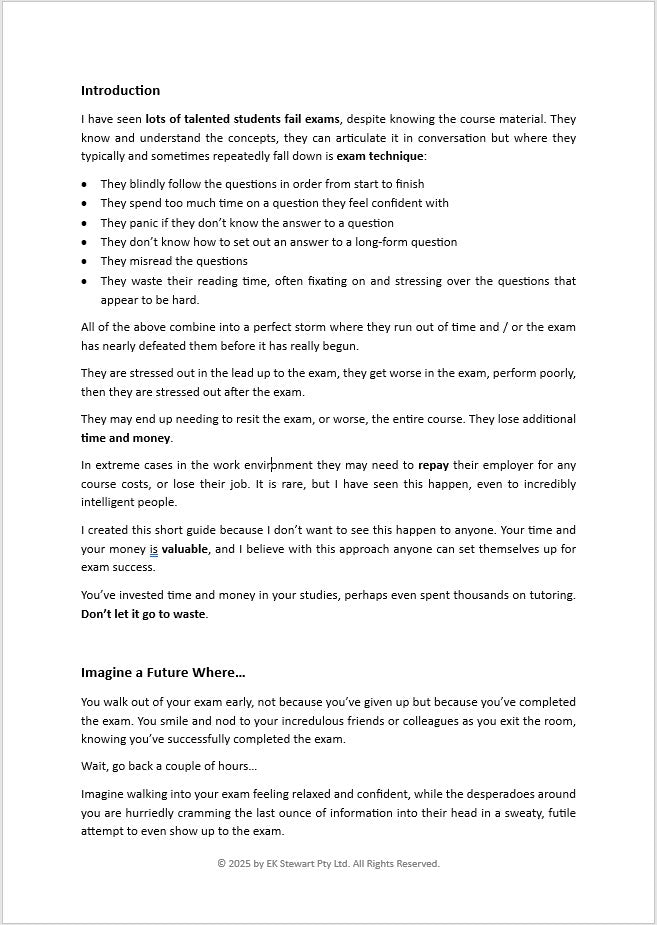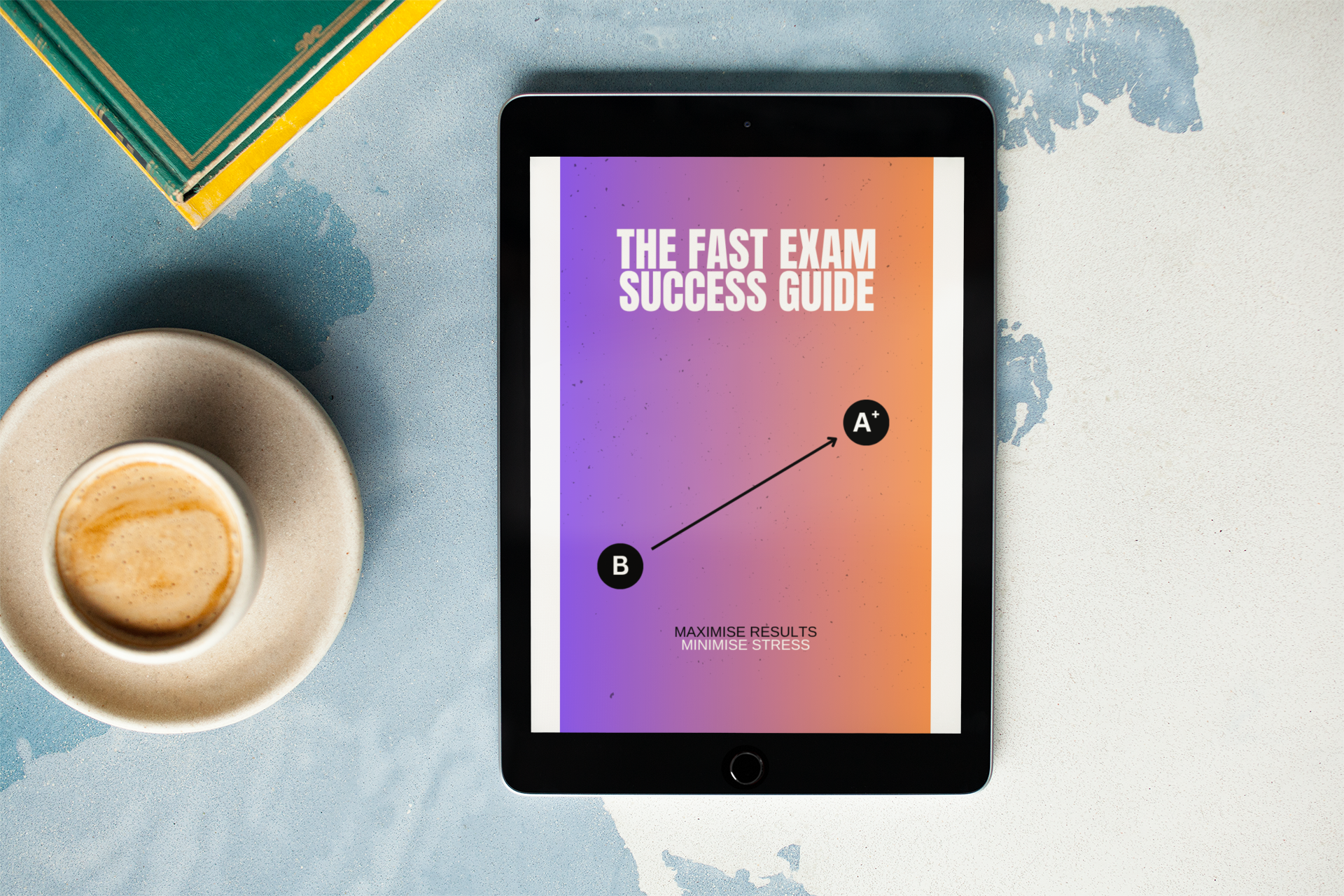Levels of Learning
In the 1950s a framework for categorizing educational objectives was published by a number of educational researchers lead by Benjamin S Bloom M.D. It was called "The Taxonomy of Educational Objectives, The Classification of Educational Goals, Handbook I: Cognitive Domain".
It is colloquially known as Bloom's Taxonomy and the key point to highlight here is that it essentially categorizes learning objectives into levels of complexity.
As a very quick summary they are listed in order from the least complex to the most complex.
Remember: Recall or recognize terms, definitions, facts, ideas, materials, patterns, sequences, methods, and principles.
Understand: Read and understand descriptions, tables, reports, diagrams, directions, and regulations.
Apply: Know when and how to use ideas, procedures, methods, formulas, principles, and theories.
Analyze: Break down information into its components, recognize their relationship to one another and how they are organized and identify more granular factors or pertinent data from a complex scenario.
Evaluate: Make judgments about the value of proposed ideas and/or solutions by comparing the proposal to specific criteria and/or standards.
Create: Put parts or elements together so as to reveal a new pattern or structure and identify which data or information from a complex set is appropriate to examine further or from which conclusions can be drawn and supported.
Why is this relevant to you?
Many educational institutions draw upon these levels of complexity to measure a student's mastery over relevant subject matter. More importantly, when YOU learn a subject you can use these levels to "self-assess" your own mastery over the topic AND determine what you need to do next to level up your mastery, OR to what level do you need to get to?
For example, when you first start learning a new subject, you may only be able to Remember some of the key terms or definitions that have been introduced to you.
If you recognize that you are at this stage, and you want to know what to do next, you can refer to the next level - Understand - and ask yourself "do I understand the key terms and definitions?" A good initial indicator of understanding is whether I can explain the concept in my own words. If I can only recall them verbatim from the text, that is an indicator of 'rote learning', but not yet necessarily understanding. Therefore, once I attempt to, and can put a concept into "my own words" I know that I am approaching the goal of Understanding.
To continue the example, when I want to approach the next level - Apply - I can seek out practice questions in my textbook or another resource and attempt them. By doing so, and checking my answer I can determine whether I am successfully able to apply what I have learned.
As you can see from this example, you can use these as guideposts as you work your way up the levels of mastery over a particular subject matter.
You can use these levels to break down your learning trajectory into more manageable "chunks", since as we know when first starting out on a subject, it can seem daunting and mastery feels like a vague and mysterious place that is hard to picture ourselves attaining.
A Musical Example
Interestingly, these levels apply to many skills, not just those of academia. For example, picture how the levels could apply to a person learning guitar. At first you learn and memorize the parts of the guitar, the names of the notes and chords etc. Then you begin to be able to play the chords individually, and understand the music theory that underpins them. Next you are applying this to be able to play songs. Perhaps you begin to analyze why the composer of the song related the notes and timings in a particular way so that it sounds good and became popular. Going beyond that, you may reach the stage where you are critiquing or evaluating the way a song was created, you have an opinion on the choices made, and perhaps you see an alternate way that the song could have been created. Which ultimately brings you to the 'Create' stage, a level of mastery over the guitar where you are creating your own songs, remixing others and perhaps even going on to superstardom!
Conclusion
All of this is to say, consider these levels as you learn a new subject or skill, and hopefully you can use them as waypoints to forge ahead if you ever feel stuck at a particular level.
Lastly, you can also use them as a "ceiling" for a particular subject, perhaps the level of learning you wish to attain is up to the Apply stage, or your University course only requires you to be able to Analyze the subject matter, but not Create something new from it. Recognizing this can allow you to set realistic expectations over your learning, so you're not stressing over unnecessary objectives.
Fast Exam Success Guide
Say Goodbye to Exam Stress and LEVEL UP your life!
Instant Download
11 Simple Steps with Clear Examples
Printable Checklist to Prove You're Ready
1 Hour to Learn
A Lifetime to Absolutely Crush Exams



